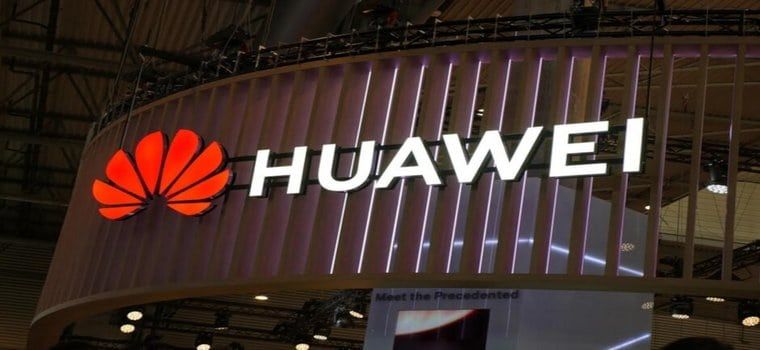Apple recently unveiled its latest lineup of products, including the new iPhone, Apple Watch, and AirPods, at its annual event, sparking excitement among its loyal fans worldwide.
However, the event left some feeling underwhelmed, as it lacked any groundbreaking innovations.
This isn’t the first time Apple has faced criticism for an apparent lack of creativity at its product launches.
Historically, the tech giant has always bounced back, solidifying its market position despite such critiques.
But this time, the competition is fiercer—particularly from Huawei, Apple’s fast-rising Chinese counterpart.
Huawei’s bold moves in AI and innovation
Unlike previous years when Apple dominated the tech landscape, this time it seems different.
Huawei is aggressively catching up and has been gaining significant market share, particularly in China, where Apple’s business is facing substantial challenges.
In a bold move, Huawei timed its event to unveil the Huawei Mate XT, a triple-folding smartphone—a first of its kind in the market.
This phone is part of the company’s Mate 70 series and is a clear signal that Huawei is not just a competitor but a leader in innovation.
Ahead of the launch, Huawei teased that it had “turned science fiction into reality,” likely referring to the futuristic features of the Mate XT.
But the company isn’t stopping at phones. It is also set to release the Aito electric vehicle, an autonomous car powered by Huawei’s HarmonyOS, showcasing its broader ambitions in AI and technology.
The Mate XT has already attracted 4 million pre-orders, further solidifying Huawei’s dominant position in its home market.
In Q2 2024, Huawei’s smartphone sales surged by 41% year-over-year, emphasizing its growing influence. In contrast, Apple’s iPhone sales in China dipped by 2% during the same period, marking the first time Apple has fallen out of the top five smartphone sellers in the country.
Apple struggles to keep up with AI advancements
Apple’s recent struggles in China highlight a larger issue: its delayed entry into the AI space.
While Apple has historically been able to introduce new features on its timeline due to its robust ecosystem, this time, the delay in embracing AI may be more damaging than anticipated.
Competitors like Huawei have been integrating AI features for months, and Apple’s offerings—though now available—lack crucial support for local languages in China, a significant disadvantage in such a competitive market.
Moreover, China’s strict regulations require state approval for any AI chatbot to operate.
Since Apple relies on OpenAI’s technology for its AI features, Chinese users need to connect via VPN to access them—another obstacle Huawei capitalizes on.
There is speculation that Apple plans to develop its own AI technology for future products, but in the fast-moving AI landscape, a head start is crucial.
If Apple doesn’t have a competitive AI solution ready now, it risks being left behind. Rumors suggest that Apple is exploring partnerships with companies like Baidu to enhance its AI capabilities, but such moves may be too late.
Huawei’s dominance in China
Huawei’s rapid advancements in AI and cutting-edge tech have given it a substantial lead over Apple in the Chinese market.
Its ability to capitalize on local preferences and regulatory nuances has enabled it to thrive where Apple is faltering.
In the past, Apple has managed to roll out new features at its own pace, thanks to its strong brand and ecosystem.
But with AI being a critical driver of future tech, Apple may find itself surrendering ground to Chinese competitors if it doesn’t adapt quickly.
Huawei’s growing dominance in China is a clear warning that Apple can no longer afford to rely solely on its past success.
With AI driving innovation in smartphones and other technologies, the tech race is far from over, but Apple’s position in China looks increasingly precarious.
The post Is Apple falling behind Huawei in the AI race? appeared first on Invezz

